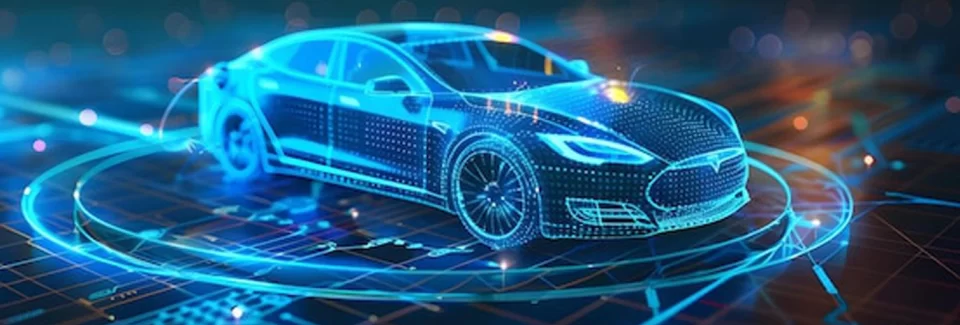Advances in Automotive Technology
The automobile industry is witnessing significant advancements that redefine how vehicles function, perform, and integrate into daily life. Innovations in electric propulsion, autonomous driving, and connectivity are reshaping expectations, making vehicles smarter and more efficient. Manufacturers are developing sophisticated onboard systems that enhance safety, reduce environmental impact, and provide a seamless driving experience.
One of the most transformative developments is the refinement of electric vehicle (EV) technology. Battery efficiency continues to improve, extending the driving range while reducing charging times. Automakers are also investing in alternative energy sources such as hydrogen fuel cells, which provide another route toward sustainable transportation. These innovations are not merely about replacing traditional engines; they redefine the entire driving experience by offering quieter, more responsive, and environmentally responsible alternatives.
The Shift Toward Sustainability
Sustainability has become a focal point for automakers and consumers alike. Regulatory policies worldwide are encouraging the adoption of greener alternatives, leading to an accelerated transition away from internal combustion engines. This shift is not only driven by government policies but also by a growing consumer preference for vehicles that contribute to a cleaner environment.
Sustainable manufacturing processes are also gaining traction, with carmakers incorporating recycled materials, reducing factory emissions, and optimizing energy consumption during production. The use of lightweight composite materials enhances fuel efficiency while maintaining structural integrity, proving that sustainability and performance can coexist without compromise.
The Rise of Autonomous Driving
Autonomous driving technology is advancing rapidly, with manufacturers integrating sophisticated sensors, artificial intelligence, and machine learning to improve vehicle autonomy. While fully self-driving cars remain in development, driver-assistance systems are already enhancing safety by mitigating risks associated with human error.
Adaptive cruise control, lane-keeping assistance, and automatic emergency braking are now standard features in many models. These technologies provide an additional layer of security, reducing accidents and making long drives more comfortable. As advancements continue, vehicles will require less human intervention, ultimately redefining the relationship between drivers and their cars.
Connectivity and Smart Vehicle Integration
The integration of connectivity features has transformed modern automobiles into mobile digital hubs. Vehicles are now equipped with real-time navigation, remote diagnostics, voice-activated controls, and seamless smartphone integration. These features enhance convenience while improving road safety by reducing distractions.
Over-the-air software updates ensure that vehicles remain up to date with the latest technological improvements without requiring a visit to a service center. This connectivity extends beyond personal convenience, as smart traffic management systems and vehicle-to-infrastructure communication are shaping the future of urban mobility. By linking cars to intelligent transport networks, cities can reduce congestion, optimize traffic flow, and enhance road safety.
Changing Consumer Expectations and Market Trends
Consumer preferences are evolving alongside technological advancements. Buyers are increasingly prioritizing efficiency, sustainability, and advanced features over traditional performance metrics. Electric vehicles are gaining market share, and the demand for hybrid models remains strong as people seek practical transitions from conventional fuel sources.
Customization has also emerged as a key trend, with manufacturers offering greater flexibility in design, interior materials, and technology configurations. Digital purchasing experiences are becoming more common, allowing buyers to explore, configure, and even test-drive vehicles using virtual reality before making a decision.
The growing popularity of shared mobility services is another factor influencing the industry. Car subscription models, ride-hailing platforms, and peer-to-peer car-sharing are redefining ownership patterns, leading manufacturers to develop vehicles tailored to these emerging needs. The emphasis is shifting from ownership to accessibility, particularly in urban environments where convenience and efficiency take precedence.
The Road Ahead for Automakers
As the automotive landscape continues to evolve, manufacturers are embracing a forward-thinking approach to design, performance, and consumer experience. The convergence of electrification, autonomy, and digital integration is reshaping what it means to drive. The industry is no longer solely about transportation—it is about crafting intelligent, sustainable, and highly adaptable mobility solutions that meet the demands of a rapidly changing world.

